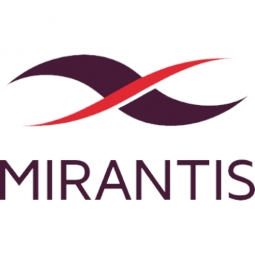Mirantis
Case Studies
G-Core’s Global OpenStack Infrastructure Speeds Wargaming’s Time-to-Market and Reduces Massive Multiplayer Game Deployment Costs
Overview
 |
G-Core’s Global OpenStack Infrastructure Speeds Wargaming’s Time-to-Market and Reduces Massive Multiplayer Game Deployment CostsMirantis |
Infrastructure as a Service (IaaS) - Cloud Computing Application Infrastructure & Middleware - API Integration & Management | |
Discrete Manufacturing Product Research & Development | |
Process Control & Optimization Predictive Maintenance Edge Computing & Edge Intelligence | |
Cloud Planning, Design & Implementation Services Software Design & Engineering Services System Integration Training | |
Operational Impact
| Provisioning of IT resources is simplified and automated. | |
| Developer efficiency and creativity have increased as engineers not only spend less time submitting tickets and waiting for resources, but they also benefit from new test and deployment tools. | |
| More time and effort can be focused on innovation and adapting to new market needs. | |
Quantitative Benefit
| VM provisioning time reduced from 1-3 days to less than 1 hour. | |
| Expected to free up to 50 percent of server capacity. | |
| Substantially higher server usage and lower CapEx. | |


